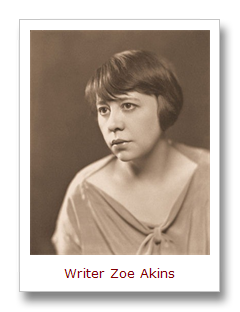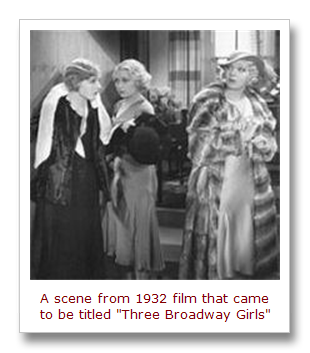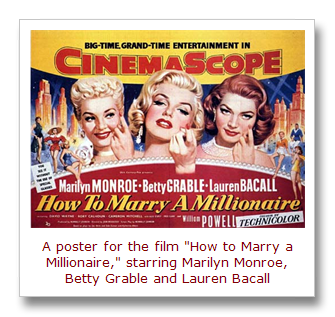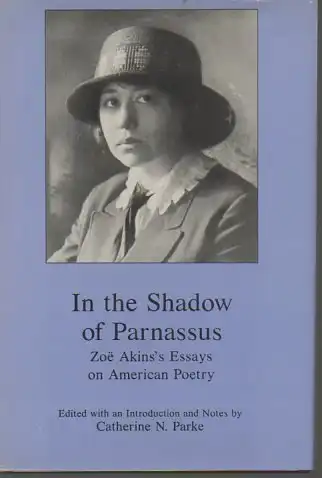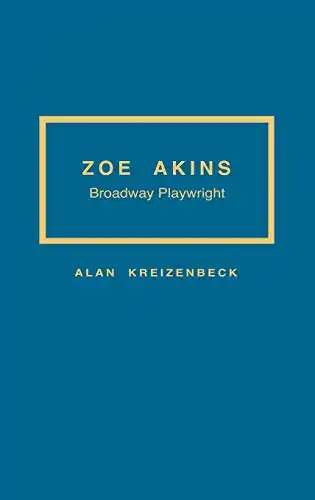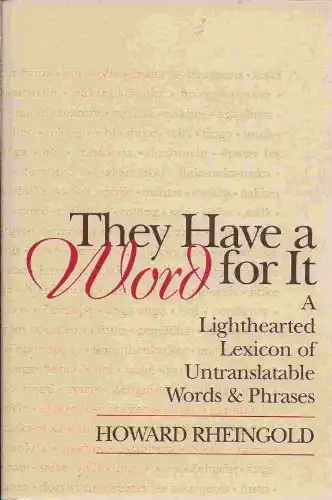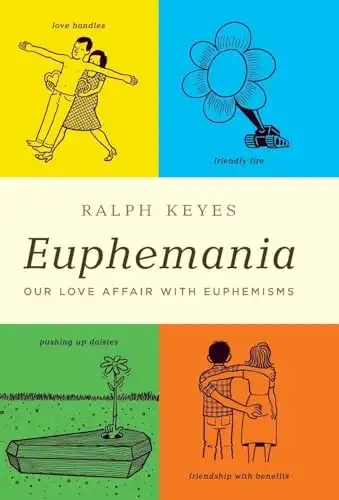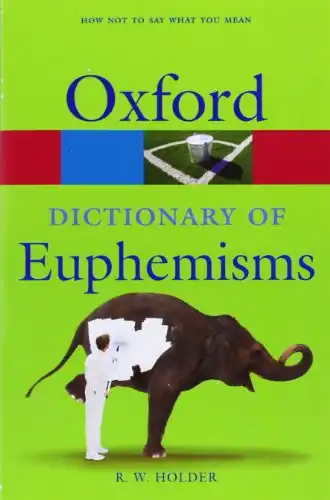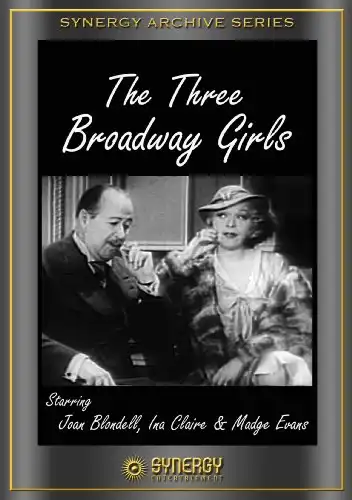You’ve probably heard the saying “the Greeks had a word for it” (sometimes given as “the Greeks have a word for it”).
But you may not be aware of how this enigmatic idiomatic expression got its start.
It was launched into our language with a splash on September 25, 1930, when a bawdy play titled The Greeks Had a Word for It opened on Broadway.
The play was written by the Missouri-born American playwright, poet and screenwriter Zoe Akins (1886-1958). And, she is generally given credit for coining the phrase.
Several of Akins’ plays had been produced prior to that night.
One of them — Declassée, starring Ethel Barrymore — was a big hit on Broadway in 1919.
In 1935, Akins won the Pulitzer Prize for Drama for her play The Old Maid (1935).
But her most remembered play (and play on words) is The Greeks Had a Word for It, a comedy about three young “gold diggers” on the hunt for wealthy men.
What was the “It” the Greeks had a word for?
Well, obviously, “It” is a reference to something you weren’t supposed to mention directly at the time.
I’m guessing you can figure “It” out. If not, here’s a hint…
In 1932, Twentieth Century Fox made a film version of the play, starring Joan Blondell, Madge Evans and Ina Claire.
The original title of the film was The Greeks Had a Word for Them.
Why the change?
Because the producers worried that the word “It” would be deemed too blatantly salacious by the censors who enforced the The Motion Picture Production Code of 1930 (a.k.a. the Hays Code), which was designed to prevent “obscenity” and violence in films.
So, initially, they changed “It” to “Them.”
But then even the revised title raised concerns, since some of the possible words for “Them” that people thought it meant could also be considered too vulgar.
Thus, the name of the film was ultimately changed to Three Broadway Girls.
In 1953, Zoe Akins’ play The Greeks Had a Word for It was used as the basis for a much more famous film starring Marilyn Monroe, Betty Grable and Lauren Bacall.
It was titled How to Marry a Millionaire and it helped launch Marilyn into the top echelon of superstardom.
Although that film also avoided using Akins’ original play title, it revived interest in her and her plays.
As a result, she was hired as a scriptwriter for some of the most prestigious early dramatic series developed for television in the 1950s, including the Kraft Television Theatre and Screen Directors Playhouse.
Her phrase “the Greeks had a word for it” survived and outlived the stuffy censors of earlier decades.
It became a common saying that is still used for humorous effect.
What “It” refers to nowadays varies depending on the context and does not always mean something “obscene” – though typically “It” still does.
* * * * * * * * * *
Comments? Corrections? Post them on my quotations Facebook group.
Related reading and viewing…


